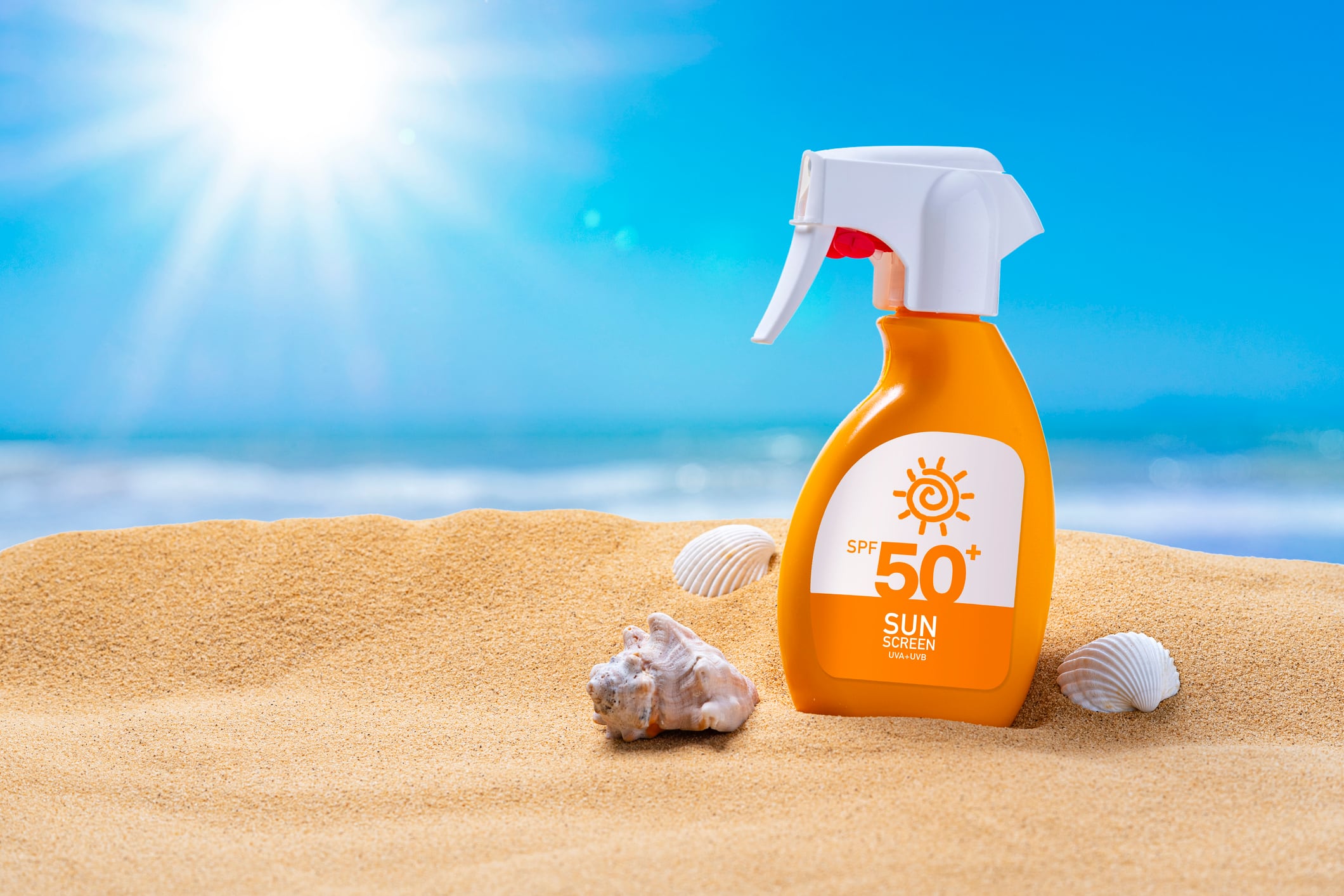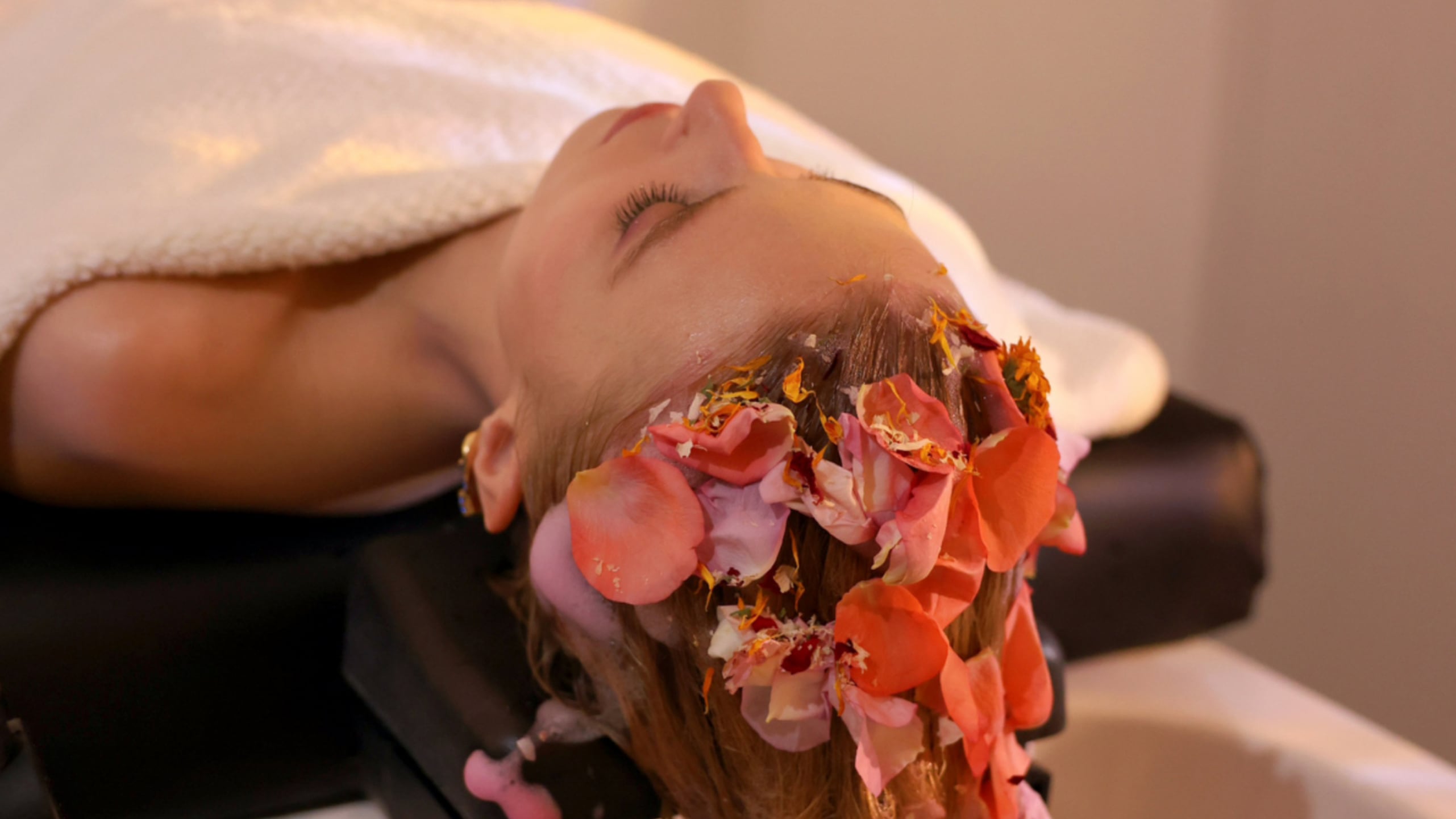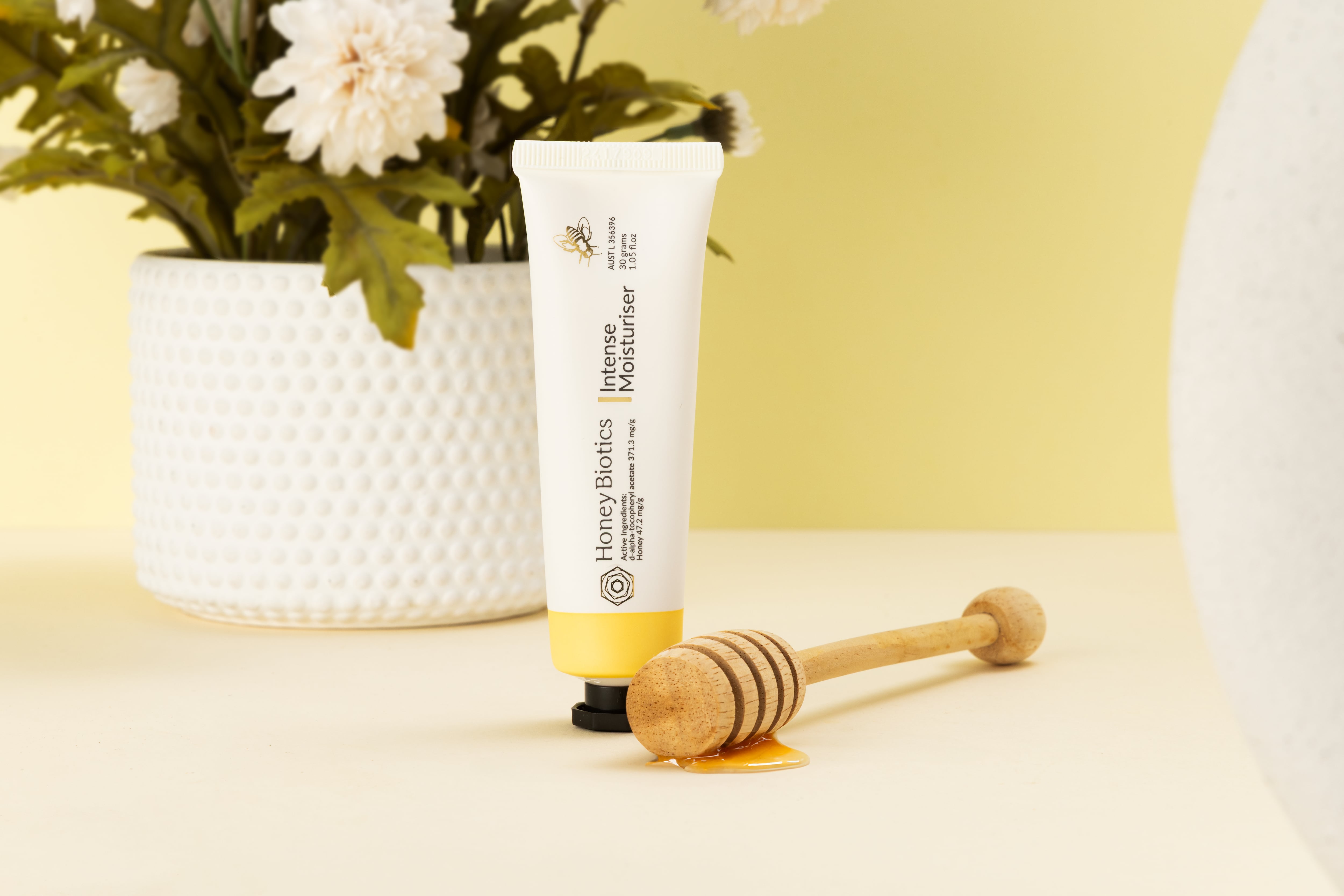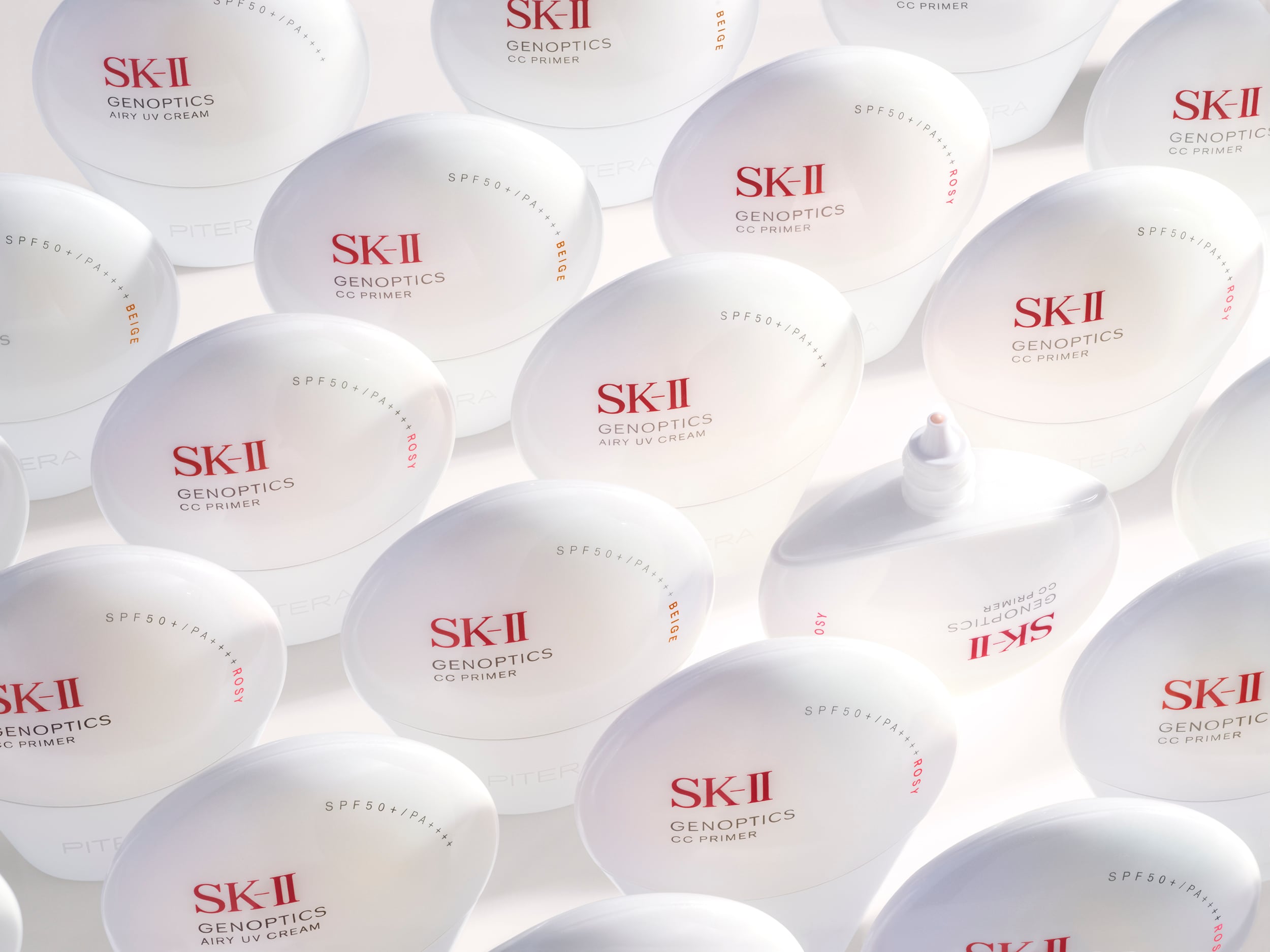TGA first announced in August that Grace & Fire Pty Ltd, parent company of Ultra Violette, is recalling all batches of the brand’s Lean Screen SPF 50+ sunscreen due to inconsistency in SPF levels.
Ultra Violette has also voluntarily cancelled the listing of this product in the Australian Register of Therapeutic Goods (ARTG), a public database of therapeutic goods that can be legally supplied in the country.
This comes after Australian consumer advocacy group CHOICE published a report in June 2025, which found 16 out of 20 sunscreens that they independently tested did not meet their claimed SPF 50+ ratings.
Among these 16 sunscreens, seven tested above SPF 20, eight tested above SPF 30, and Lean Screen was found to have an SPF level ranging from as low as 4 to 64.32.
In a statement released by TGA, no serious adverse events have been reported to date. However, people using the product may be at an increased risk of sunburn and reduced prevention of skin cancer in the longer term.
Ultra Violette is said to be undertaking further independent testing to identify a potential cause of the inconsistent SPF levels.
In Australia, sunscreens are regulated as either cosmetics or therapeutic goods depending on a number of factors, including ingredients, health claims, and claimed SPF.
Sunscreens with a primary purpose of UV protection are considered to be therapeutic goods, and are regulated by TGA to ensure their safety, quality, and efficacy.
In addition, all sunscreens must comply with the testing and labelling requirements in Australia and New Zealand, which include internationally recognised ISO standards.
It is a legislative requirement that statements on sunscreen labels are accurate and not misleading, and that Australian suppliers of a therapeutic sunscreen product hold evidence that support the SPF claim they make when listing in the ARTG.
Apart from Ultra Violette’s product recall, TGA is investigating the other sunscreens that did not support their claimed SPF ratings as demonstrated in the CHOICE report.
The authority is also reviewing sunscreens in the ARTG that may have similar formulas as Lean Screen.
Testing troubles
According to a TGA statement published on October 3, the manufacturer of Lean Screen’s base formulation, Wild Child Laboratories Pty Ltd, has received preliminary SPF testing results, which indicate that this base formulation is unlikely to have an SPF greater than 21.
Additionally, the results confirmed that certain products manufactured using the base formulation may have an SPF value as low as 4.
TGA has conducted a Good Manufacturing Practice (GMP) inspection of Wild Child Laboratories, focusing on the manufacturing process for sunscreen products. The inspection did not find any production issues that could have contributed to the low SPF results.
“As a part of our investigations, it has come to our attention that some testing laboratories may be more reliable than others. In particular, the TGA has significant concerns about the reliability of SPF testing undertaken by Princeton Consumer Research Corp (PCR Corp), a testing laboratory based in the UK.
“TGA is aware that many companies responsible for sunscreens manufactured using this base formulation relied on testing by PCR Corp to support their SPF claims, and that they obtained that testing before they were informed of our concerns,” the statement wrote.
It has since notified all companies responsible for affected sunscreens and outlined its concerns about the reliability of testing performed by PCR Corp. It has also written to PCR Corp and has not received a response.
Nonetheless, TGA noted that each company adds different types and amounts of excipients, such as fragrances and colour tints, to the base formulation, which could possibly alter the SPF level of a product.
What’s next
Sunscreens using the same base formulation as Ultra Violette Lean Screen have been identified on TGA’s website and will be updated as investigations continue.
TGA stated that it is considering whether to take regulatory action with respect to these sunscreens. Each company is provided with an opportunity to respond to any proposed regulatory action before the TGA makes a decision.
This includes providing SPF testing results to support their product claims.
The current standard requires a test to be performed on at least 10 different people, with more tests to be carried out if any of these tests provide an invalid result. To claim that a sunscreen is SPF 50+, the average SPF (from all valid tests) must be at least 60.
“The TGA is aware that at least some companies are likely to have obtained preliminary or incomplete test results from an independent laboratory other than PCR Corp that may or may not support the SPF claim of their sunscreen. All affected companies are free to publish their SPF testing.”
Meanwhile, TGA is working to support companies that have decided to cancel or recall an affected product.
For consumers who have purchased a product in the list, they are urged to consider using an alternative product until TGA’s review has been completed.





